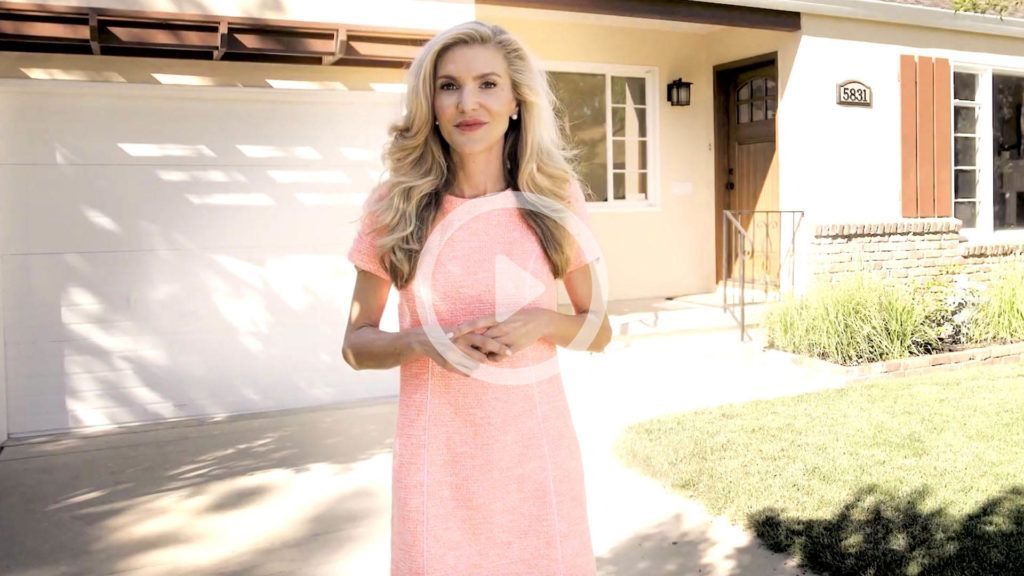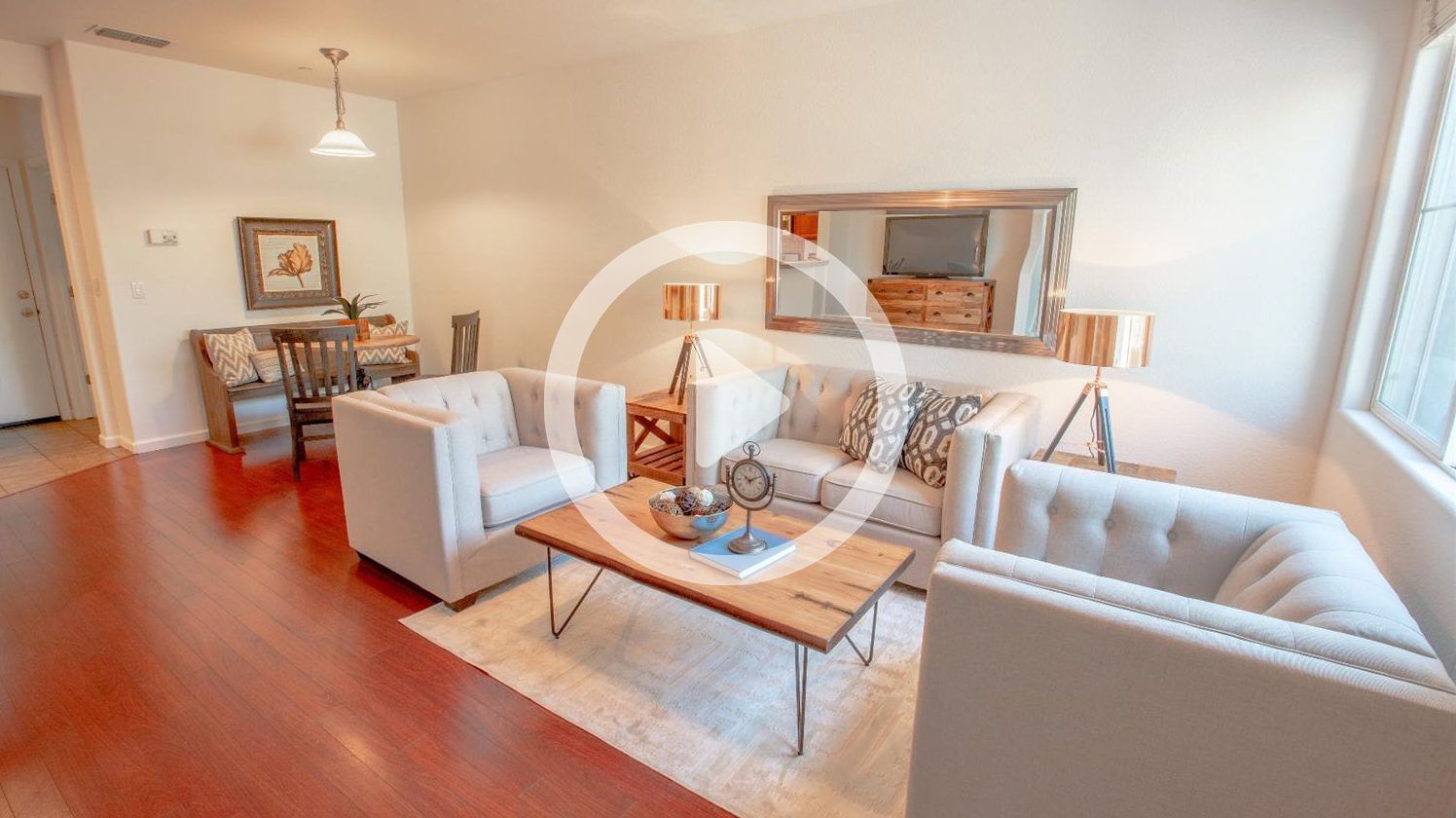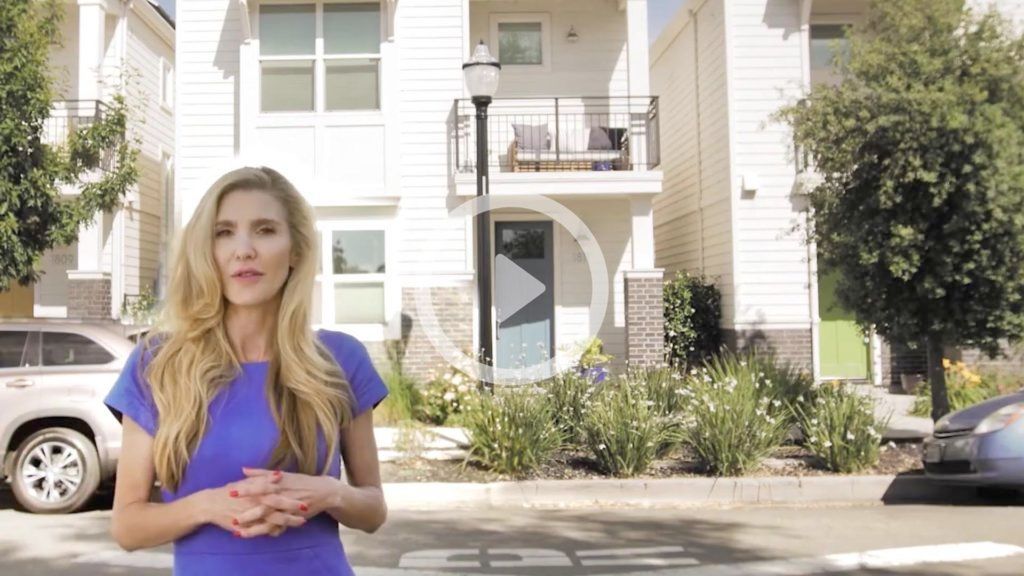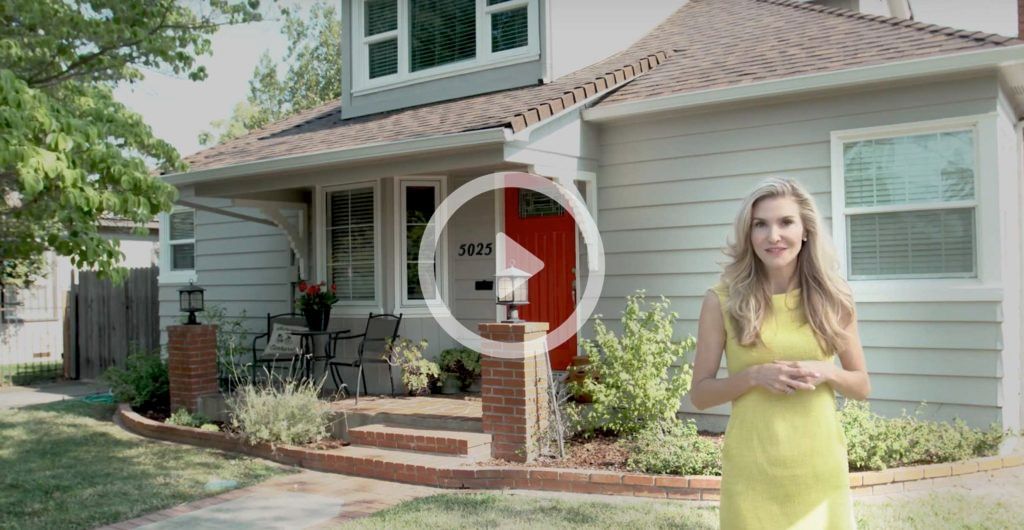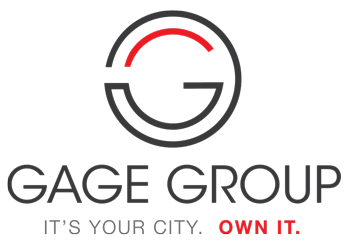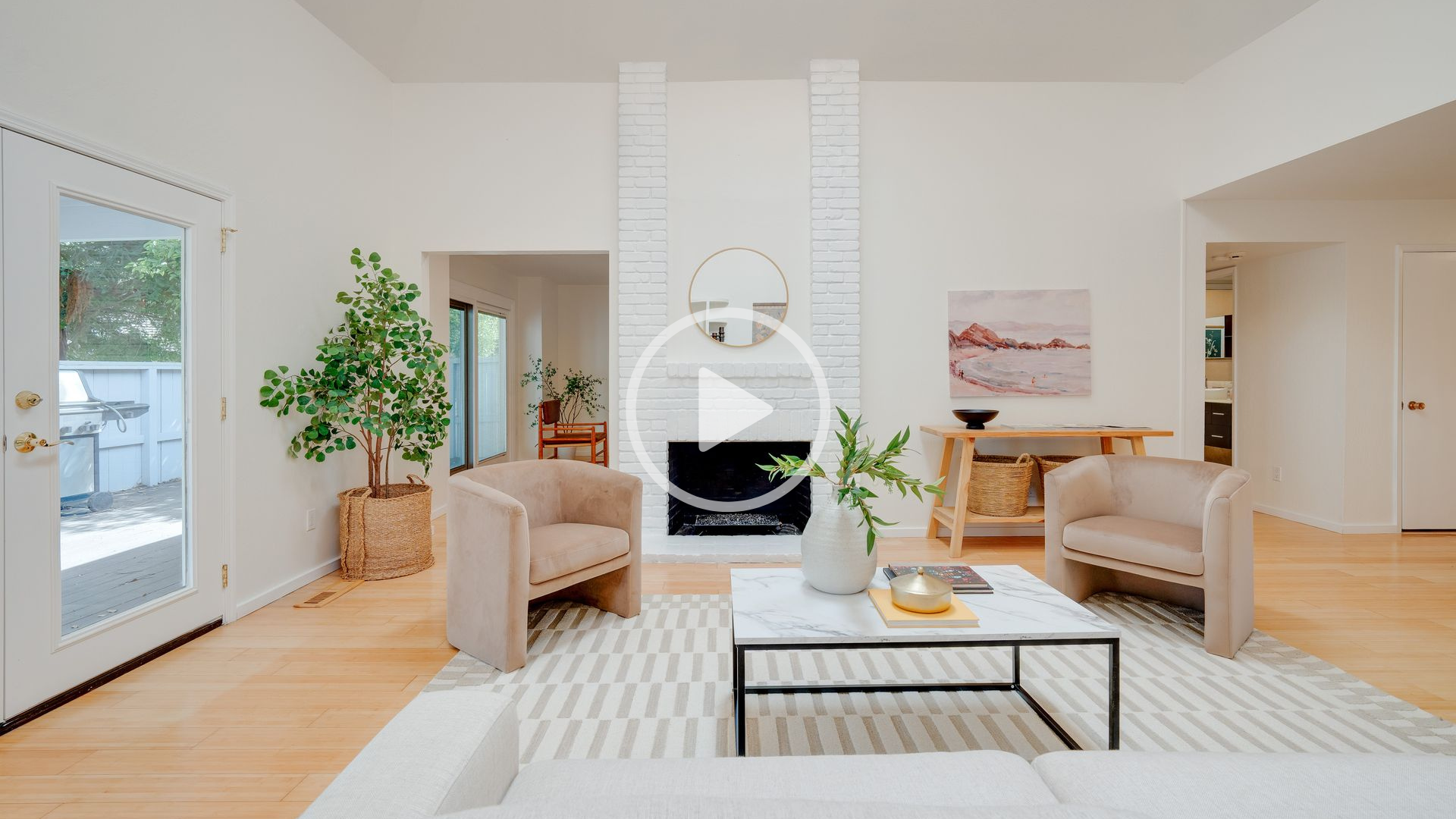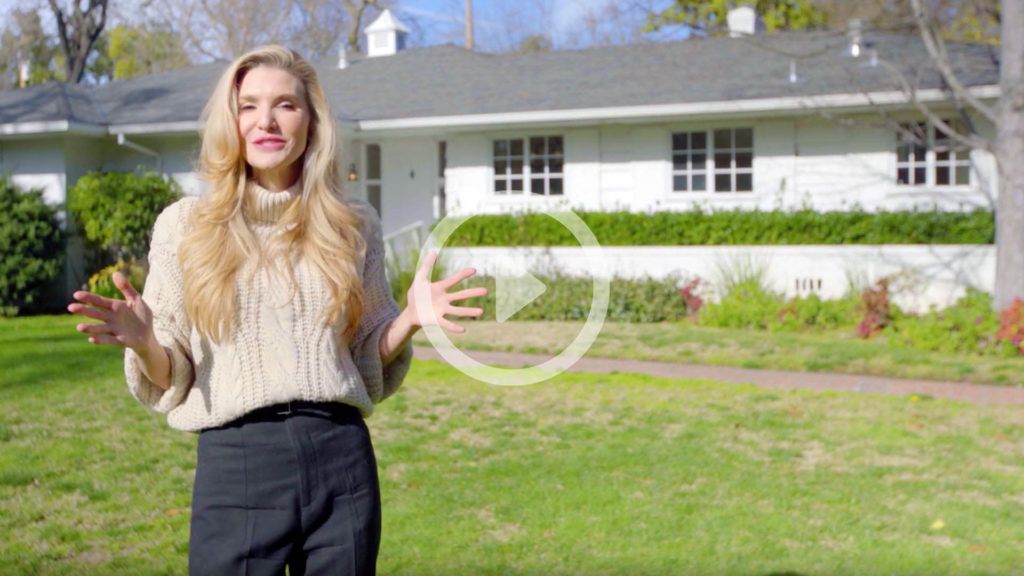DON’T BE CAUGHT BY SURPRISE WITH BUYER CLOSING COSTS
Jacqueline Gage | March 19, 2024
Buying a house is a very exciting time, but has your agent or lender showed you the closing costs associated with your purchase? Buying a home without knowing how much you’ll pay in closing costs is like painting your house without knowing the color: if it’s not what you expected or wanted, you can be in for an unpleasant surprise. In order to make a smart investment, you need to arm yourself with the right information, and this week’s Gage Group Home Buying Tips will help you do exactly that! By breaking down all the closing costs incurred when buying a home, I’ll make sure you’re well equipped to make the right decision and avoid any unnecessary stress.
It’s important to make sure you get the right information from your real estate agent, and details about closing costs will be very important to your overall transaction. The closing costs come as an addition to your down payment, and you’ll need an estimate to know the total amount of money needed to complete the sale. I’ve heard horror stories of buyers who’ve arrived on their closing day and didn’t know how much they needed to pay inclosing costs. These types of unexpected fees never go over well with uninformed buyers, so it’s important to anticipate these costs so you’ll be prepared for what’s needed.
- Home Inspection Costs. An inspection on the house you’ve agreed to purchase is extremely important, as you want to make sure everything is inworking order and there are no hidden issues that could become a nightmare for you later on. If there are any items revealed during the inspection that need attention, you can either ask the seller to give you a credit for necessary repairs or request they be repaired at their expense. An inspector’s fee will vary depending on who you hire and the size of the home, but you should budget between $400-$600.
- Lender Fees. The mortgage broker or lender you use will have closing costs, with fees related to the home appraisal, loan, mortgage insurance, and similar items. You should receive a Good Faith Estimate(GFE) that will estimate and outline your closing costs, and you’ll want to make sure you go over this with your lender. Ask questions now to make sure you don’t get surprised later. You’ll also want to keep in mind that, while no one really likes fees, many of these costs also benefit you directly. The appraisal fee, for example, ensures you’re not overpaying for your property and are actually getting what you pay for. While lender fees also vary, you shouldn expect to pay between $1,000-$2,000 in total.
- Title Fees. Your closing will be finalized at a title company, and their fees will be part of your closing costs. The title company is the place where the title/deed are transferred from one owner to the other, where all your money is wired in and where the transaction is closed. You should receive a title disclosure form that outlines the title company’s current rates; depending on the county you close in, these costs will depend on the purchase price of the house. FirstAmerican has a great fee calculator that you can check out to figure out your exact costs. While not required in California, some buyers hire an attorney to assist them in looking over closing documents; this will cost an additional $450-$700.
- Transfer Taxes. When you purchase a property, you’ll have to pay taxes at closing relating to the transfer of the home from one party tot he other. Each city has its own transfer tax rate, which you can easily look up to get an idea of what you’ll be paying. For example, Sacramento county’s transfer tax rate is $1.10 per $1,000: if you paid $400,000 for your new home, then your transfer tax fee would be $440. Certain areas of Sacramento have a transfer tax of .275% of the total purchase price, so make sure you know this cost ahead of time and you’ll have no additional surprises at the closing table.
- Your lender will be able to provide you with a Truth In Lending Act Disclosure, which will breakdown all of the closing costs with a fair amount of accuracy. Using this guideline, you’ll be better prepared for all of the expenses that you’ll need to account for when you buy a home. If you need any additional help or guidance on what to expect, don’t hesitate to reach out to me with any questions you may have!

